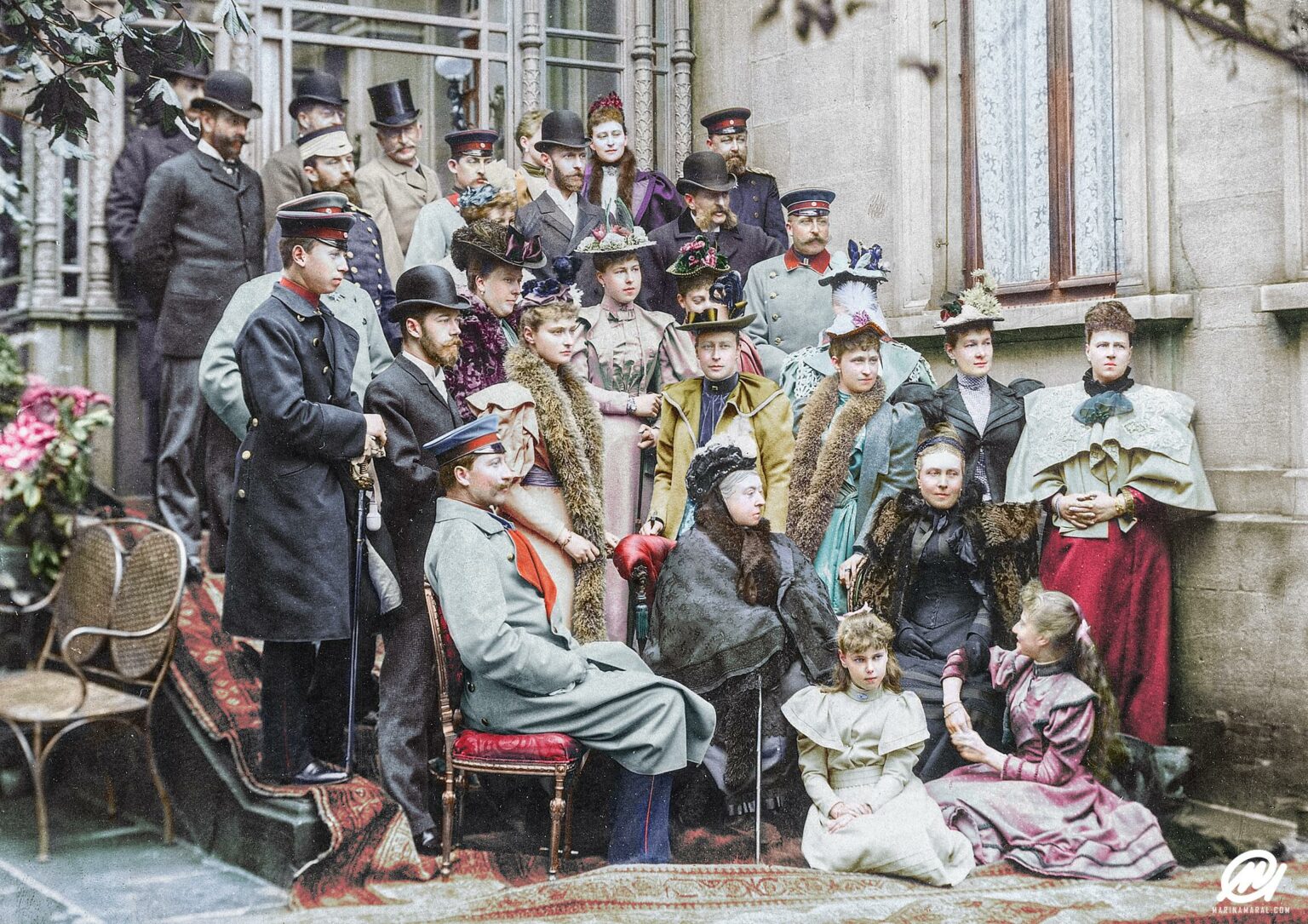Meaning and Origin
The name Robert is of Old German origin, derived from the elements “hrod,” meaning “fame” or “glory,” and “beraht,” meaning “bright” or “shining.” Therefore, Robert can be interpreted to mean “bright fame” or “shining glory.” This combination reflects the esteemed qualities often associated with the name.
History and Usage
Robert has been a prominent name in Europe since the Middle Ages. It was introduced to England by the Normans following the Norman Conquest of 1066. The name gained widespread popularity and became a common choice among royalty and nobility, contributing to its long-standing use and prestigious connotation.
Throughout history, Robert has maintained its popularity in many English-speaking countries, particularly in the United States, the United Kingdom, and Canada. It reached its peak popularity in the United States in the early to mid-20th century and has consistently remained a favored name for boys.
Popularity
In the United States, Robert was among the top 10 most popular names for boys from 1920 to 1970. Although its popularity has declined slightly in recent decades, it still remains a classic and well-regarded name. According to the Social Security Administration, Robert was ranked as the 80th most popular name for boys in 2020 .
In the United Kingdom, Robert has also been a popular name, consistently appearing in the top 100 names for boys for many years. The Office for National Statistics reported that Robert ranked 122nd in England and Wales in 2020 .
Namesakes
Numerous notable individuals throughout history have borne the name Robert, further cementing its place in various fields of endeavor:
- Robert the Bruce (1274–1329): King of Scotland and a national hero, renowned for leading Scotland during the First War of Scottish Independence against England.
- Robert Frost (1874–1963): Celebrated American poet known for his depictions of rural New England life and his command of colloquial speech.
- Robert F. Kennedy (1925–1968): U.S. Attorney General and Senator, remembered for his advocacy for civil rights and social justice.
- Robert Downey Jr. (1965–): Acclaimed American actor known for his roles in films such as “Iron Man” and “Sherlock Holmes.”
Name Day
The name day for Robert is celebrated on different dates depending on the country and religious tradition. In some countries, it is celebrated on September 17th in honor of Saint Robert Bellarmine, an Italian Jesuit and Cardinal. In others, it may be celebrated on April 29th or June 7th.
Interesting and Fun Facts
Popularity in Literature and Media
The name Robert has been featured prominently in literature and media, from characters in Shakespeare’s plays to modern-day films and TV shows.
Nicknames and Variations
Common nicknames for Robert include Rob, Robbie, Bob, and Bobby. Variations of the name in other languages include Roberto (Italian, Spanish, Portuguese), Rupert (German), and Róbert (Hungarian).
Etymology and Cognates
The name has cognates in several languages, reflecting its widespread historical usage. For instance, the French form is Robert (pronounced Ro-bèrt), and the Irish version is Roibeárd.
What is the meaning of the name Robert?
The name Robert is derived from Old Germanic roots, combining “hrod,” meaning “fame” or “glory,” and “beraht,” meaning “bright” or “shining.” Therefore, Robert can be interpreted to mean “bright fame” or “shining glory.”
What is the origin of the name Robert?
Robert originated in medieval Europe, introduced to England by the Normans after the Norman Conquest of 1066. It gained widespread popularity among royalty and nobility, becoming a classic and enduring name choice.
Is Robert a popular name historically?
Yes, Robert has been a popular name historically, particularly among royalty and nobility in Europe. It has remained a common and esteemed name choice for centuries.
Are there any famous historical figures named Robert?
Yes, there are numerous notable individuals throughout history named Robert, including Robert the Bruce, King of Scotland; Robert Frost, the American poet; and Robert F. Kennedy, the U.S. Attorney General and Senator.
How has the popularity of the name Robert changed over time?
Robert was extremely popular in the United States from the 1920s to the 1970s, consistently ranking among the top 10 names for boys. While its popularity has declined slightly in recent decades, it remains a classic and well-regarded name.
What are some common variations or nicknames for the name Robert?
Common variations and nicknames for Robert include Rob, Robbie, Bob, and Bobby. In other languages, variations such as Roberto (Italian, Spanish, Portuguese) and Rupert (German) are also common.
Is there a specific name day associated with Robert?
Yes, the name day for Robert is celebrated on different dates depending on the country and religious tradition. It may be celebrated on September 17th in honor of Saint Robert Bellarmine, among other dates.
What are some notable literary or media references to characters named Robert?
The name Robert has been featured prominently in literature and media, from characters in Shakespeare’s plays to modern-day films and TV shows, showcasing its enduring popularity and cultural significance.
Are there any cultural or religious significance associated with the name Robert?
The name Robert may hold cultural or religious significance in various traditions, with associations to historical figures, saints, or cultural icons depending on the context.
Are there any interesting facts or trivia about the name Robert?
The name Robert has cognates in several languages, reflecting its widespread historical usage. Additionally, it has been used in various contexts, from royal lineages to everyday households, highlighting its versatility and enduring appeal.
- Arabinda Name Meaning and Origin - June 27, 2024
- Anil Name Meaning and Origin - June 24, 2024
- Amar Name Meaning and Origin - June 15, 2024
